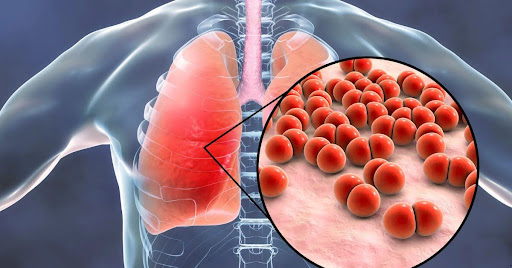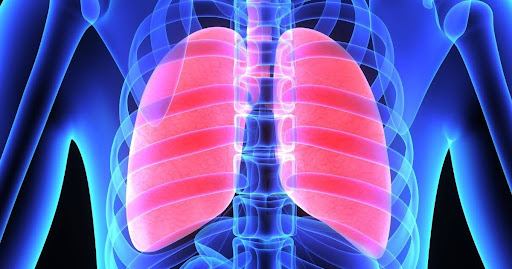Understanding Human Metapneumovirus: What You Need to Know
2 min read
By DocGenie , Published on - 01 January 2025Human Metapneumovirus (HMPV) is a respiratory virus that primarily affects young children, the elderly, and people with weakened immune systems. Since its identification in 2001, it has been recognized as a major contributor to upper and lower respiratory tract infections. This blog will walk you through what human metapneumovirus is, its symptoms, treatment options, and how it compares to other viral infections.
What is Human Metapneumovirus (HMPV)?
 Human Metapneumovirus is a single-stranded RNA virus belonging to the Paramyxoviridae family, the same family as respiratory syncytial virus (RSV). It spreads through droplets from coughs and sneezes or by touching contaminated surfaces.
Human Metapneumovirus is a single-stranded RNA virus belonging to the Paramyxoviridae family, the same family as respiratory syncytial virus (RSV). It spreads through droplets from coughs and sneezes or by touching contaminated surfaces.Key Facts:
- Common in winter and early spring
- Highly contagious through respiratory droplets
- Often mistaken for the flu or common cold
What Are the Symptoms of HMPV?
HMPV symptoms can range from mild cold-like symptoms to severe respiratory illness. It generally resembles other viral infections, making diagnosis based solely on symptoms difficult.Common HMPV Symptoms:
- Runny nose and nasal congestion
- Cough (dry or productive)
- Sore throat
- Fever
- Wheezing or difficulty breathing
- Fatigue and body aches
- In severe cases: pneumonia or bronchiolitis
These symptoms typically appear 3 to 6 days after exposure to the virus.
How is Human Metapneumovirus Diagnosed and Treated?
 There is no specific antiviral treatment for human metapneumovirus. Most cases resolve on their own with supportive care.
There is no specific antiviral treatment for human metapneumovirus. Most cases resolve on their own with supportive care.Diagnosis Methods:
- Nasal/throat swab for PCR testing
- Chest X-ray in severe cases
- Blood tests to rule out bacterial infections
Human Metapneumovirus Treatment:
- Rest and hydration are critical for recovery
- Fever reducers like paracetamol or ibuprofen
- Cough suppressants or bronchodilators for wheezing
- Hospitalization in severe cases, especially for infants or elderly
Note: Antibiotics are not effective against viral infections like HMPV unless there's a secondary bacterial infection.
How is Human Metapneumovirus Different from Other Respiratory Viruses?
| Feature | Human Metapneumovirus | RSV | Influenza | COVID-19 |
|---|---|---|---|---|
| Age Group Affected | Children, elderly | Children, elderly | All age groups | All age groups |
| Seasonality | Winter to early spring | Winter | Winter | Year-round |
| Vaccine Available | No | Yes (for infants) | Yes | Yes |
| Symptoms Similar To | RSV, flu | Cold, bronchiolitis | Cold, fever | Cold, flu |
Who is at Risk for HMPV Infection?
Although anyone can get infected, some groups are more vulnerable to severe illness.High-Risk Groups:
- Children under 5
- Adults over 65
- People with chronic lung disease
- Immunocompromised individuals (e.g., cancer or transplant patients)
- Asthma or COPD patients
How Can You Prevent HMPV Infection?
 Prevention is similar to other respiratory viruses, as no vaccine exists for HMPV yet.
Prevention is similar to other respiratory viruses, as no vaccine exists for HMPV yet.Preventive Measures:
- Wash hands regularly with soap
- Avoid touching your face (especially nose and mouth)
- Wear a mask in crowded places
- Disinfect commonly touched surfaces
- Avoid close contact with sick individuals



